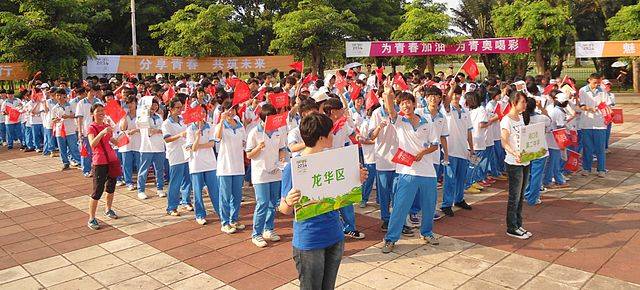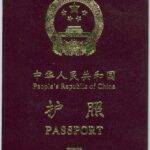
For years, investors from New York to Shanghai have flocked to China’s After-school private education corporations, which have established a $100 billion industry on the promise of the world’s largest and possibly most competitive educational system. Then they were enmeshed in the Chinese government’s broader efforts to rein in the country’s tech behemoths, with a regulatory crackdown announced in July after months of rumbling that threatens to put a stop to the country’s years of outsized growth. The industry’s ascent – and future – is reliant on two of China’s most powerful and anxiety-inducing forces: the chase of riches and prestige, and the Communist Party’s ongoing concern with social order.
What made China’s After-School tutoring so popular?
It’s all because of the Gaokao, a nationwide college admissions test conducted in June that determines which institutions one can attend, and hence the fortunes of millions of people. It is regarded as a leveling agent for individuals trying to advance up the social ladder. About 2 percent of almost 11 million students who took part in the Gaokao in 2020 were accepted into a top-tier university such as Peking, Fudan, or Tsinghua. Parents aim to offer their children every available advantage, which begins several years before, in some cases as early as pre-school. Years of government pleas to ease the stress of homework may, ironically, have pushed worried parents to commercial enterprises. After-school tutoring grew in popularity, and online programs proliferated during the Covid-19 pandemic. Macquarie Research predicted that China’s private tutoring industry would double to 1.17 trillion yuan ($183 billion) in 2023, from 619.1 billion yuan in 2019.
What do the regulators have to say about it?
That some tutoring companies took advantage of parents’ paranoia. Millions of children were forced into mind-numbing virtual lessons with unknown benefits as a result of a marketing free-for-all, which included fraudulent adverts and misleading tactics. As the number of students increased, venture capitalists joined Alibaba Group Holding Ltd., Tencent Holdings Ltd., and SoftBank Group Corp. in providing more than $10 billion in funding in the past year alone. Regulators were disturbed by this euphoria, fearing that tutoring corporations backed by heavy money would only grow and exacerbate issues. At a meeting in May, President Xi Jinping lashed out at the industry’s “disorderly development,” escalating a crackdown by institutions like the powerful education ministry.
What’s the broader picture here?
Officials are particularly concerned about the destabilizing impact of hundreds of millions of parents investing their life resources in online education, while also subjecting their children to more demanding workloads. Beijing stepped in to defuse what it saw as a possible time bomb that threatened to disrupt order and hence the party’s grip on power, as it had done in the past with booms built on weak footings, such as peer-to-peer lending, internet shopping, or wrongly regulated wealth management products. Furthermore, many people blame China’s dropping birthrate on the high expense of education and competition for superior resources.
What actions has the government taken?
The business has been “severely hijacked by capital,” according to regulators, who released new rules on July 24 that, among other things, require private organizations that teach compulsory school topics to become non-profit.
- Make it illegal for them to go public or raise foreign financing.
- Prohibit all tutoring relating to the main school curriculum during vacations and weekends, where such businesses are the most profitable.
- Prohibit outright acquisitions.
- Prohibited foreign companies from acquiring or holding shares in school curriculum tutoring facilities, or from doing so through VIEs (variable interest entities).
- Those who have already broken the law must make amends.
- Children under the age of six won’t be taught Online tutoring and school-curriculum.
- Prohibit the teaching of foreign curricula or the hiring of foreign teachers from outside China.
Following that, a slew of limitations was imposed, including fee caps and time limits on after-school programs. Two of the biggest firms, Zuoyebang, which is supported by Alibaba, and Yuanfudao, which is backed by Tencent, have been punished for deceptive advertising. Tutoring programs that focus on nurturing hobbies, innovation, and practical abilities, such as piano lessons, on the other hand, are encouraged.
What are the ramifications?
All of the main education businesses have stated that they will follow the new laws, including on foreign investment. Tiger Global Management and Temasek Holdings Pte, two global investors who pumped billions into the industry, are now reeling. Several mega-IPOs, including VIPKid, funded by Tencent and Huohua Siwei, have already been canceled. Listed tutoring companies, such as New Oriental Education & Technology Group Inc., TAL Education Group, and GSX Techedu Inc., have seen their stock prices plummet. GSX announced in May that it would close its pre-school education business for children aged 3 to 8 and lay off employees.




